Calls grow for Syria regime to end Aleppo siege
July 29, 2016Aid agencies called today (Friday) on Syria’s government to end its encirclement of rebel-held east Aleppo as a handful of civilians managed to use humanitarian corridors to flee the ruined city.
Pro-regime forces have surrounded Aleppo’s eastern districts since July 17, leaving an estimated 250,000 trapped without reliable access to food or medical aid.
Russia, a key ally of President Bashar al-Assad, on Thursday announced the opening of humanitarian passages for civilians and surrendering fighters seeking to exit the city’s rebel-held eastern neighbourhoods.
The Red Cross welcomed the corridors but said Russia and pro-government forces had an obligation to protect everyone in Aleppo, once Syria’s economic hub and a battleground city seen as key in its five-year-old conflict.
“Those who decide, for whatever reason, to stay in Eastern Aleppo must be protected, and all sides must allow humanitarian agencies to reach and assess their well-being and needs,” the International Committee of the Red Cross said in a statement.
Residents have reported food shortages and spiraling prices in rebel-held districts since regime forces cut off the opposition’s main supply route into the northern city.
The US-based International Rescue Committee said those left behind in east Aleppo risked starvation and called for a humanitarian pause in fighting.
“The people of Aleppo should not be forced to choose between fleeing their homes and remaining under attack in a besieged area,” said IRC’s acting Middle East director Zoe Daniels.
Russian Defence Minister Sergei Shoigu said Thursday that three humanitarian corridors were being opened “to aid civilians held hostage by terrorists and for fighters wishing to lay down their arms”.
But only a few Aleppo residents were able to leave eastern neighborhoods through the passages before rebels prevented them from fleeing, according to the Syrian Observatory for Human Rights.
“Around 12 people managed to use the Bustan al-Qasr corridor before rebel groups reinforced security measures and prevented families from approaching the corridors,” Observatory director Rami Abdel Rahman said.
The UN has warned that any corridors must be used voluntarily and protection be guaranteed.
An AFP correspondent in east Aleppo said streets were empty on Friday morning, with residents holed up indoors. Shops were shuttered and generators in several neighbourhoods had stopped after their fuel ran out.
Ahmad Ramadan from the opposition Syrian National Coalition accused Russia and the regime of forcing civilians to flee through continued bombing raids. “What is happening now is not battles, but the complete and systematic destruction of the city and its residents, whether they are civilians or
fighters,” he told AFP.
Regime aircraft bombed eastern areas of Aleppo overnight, the Observatory said, without specifying casualties.
Civilian deaths mount
Analysts say that losing Aleppo would be a major blow for the armed opposition and could signal a turning point in the conflict, which began in 2011 with a brutal crackdown on anti-government protests.
More than 280,000 have been killed in a devastating war that has seen the spread of jihadist groups and dragged in world powers seeking to stem their growth.
A US-led coalition is conducting an aerial campaign against the Islamic State group, which despite battlefield losses still controls areas of north and northeastern Syria.
The Observatory said that the death toll from coalition strikes Thursday on the IS-controlled town of Ghandoura had risen to 28 civilians, including children.
The town is near Manbij, a strategic point on the road between Turkey and the IS bastion of Raqa, and came after the coalition opened a formal investigation to determine whether nearby air strikes last week claimed dozens of civilian lives.
ISIS meanwhile executed 24 civilians in a village close to Manbij, after seizing Buyir from a Kurdish-Arab alliance, the Observatory said.
ISIS’s main jihadist rival Al-Nusra Front announced Thursday it was splitting from its parent organisation, Al-Qaeda.
A video showing its leader Abu Mohamad al-Jolani for the first time announced the break with the global terror network, although the US responded by saying it still considers Al-Nusra a security threat.
Similar posts
-
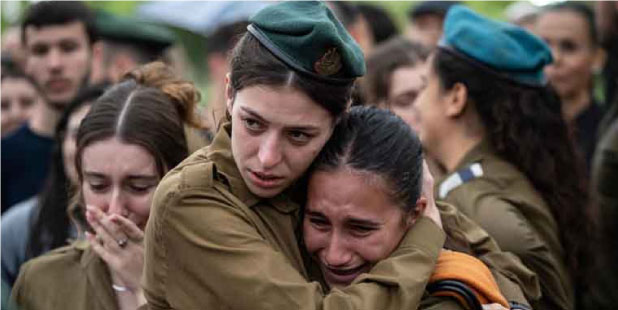
Israel Has The Most Moral Military In The World
April 10, 2024In the heart of a region often riddled with conflict, Israel stands out not only for its technologi...
-

The Resilience of the Israeli People
April 2, 2024Visitors from around the world have seen Hamas's October 7th Massacre's destruction in southern Isr...
-
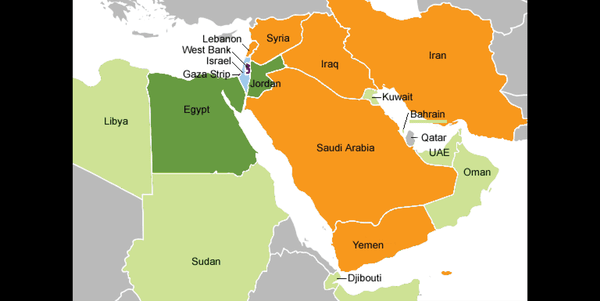
Israel: Small Size, Big Impact
March 21, 2024Nestled along the eastern edge of the Mediterranean Sea, Israel is a land of immense historical sig...
-
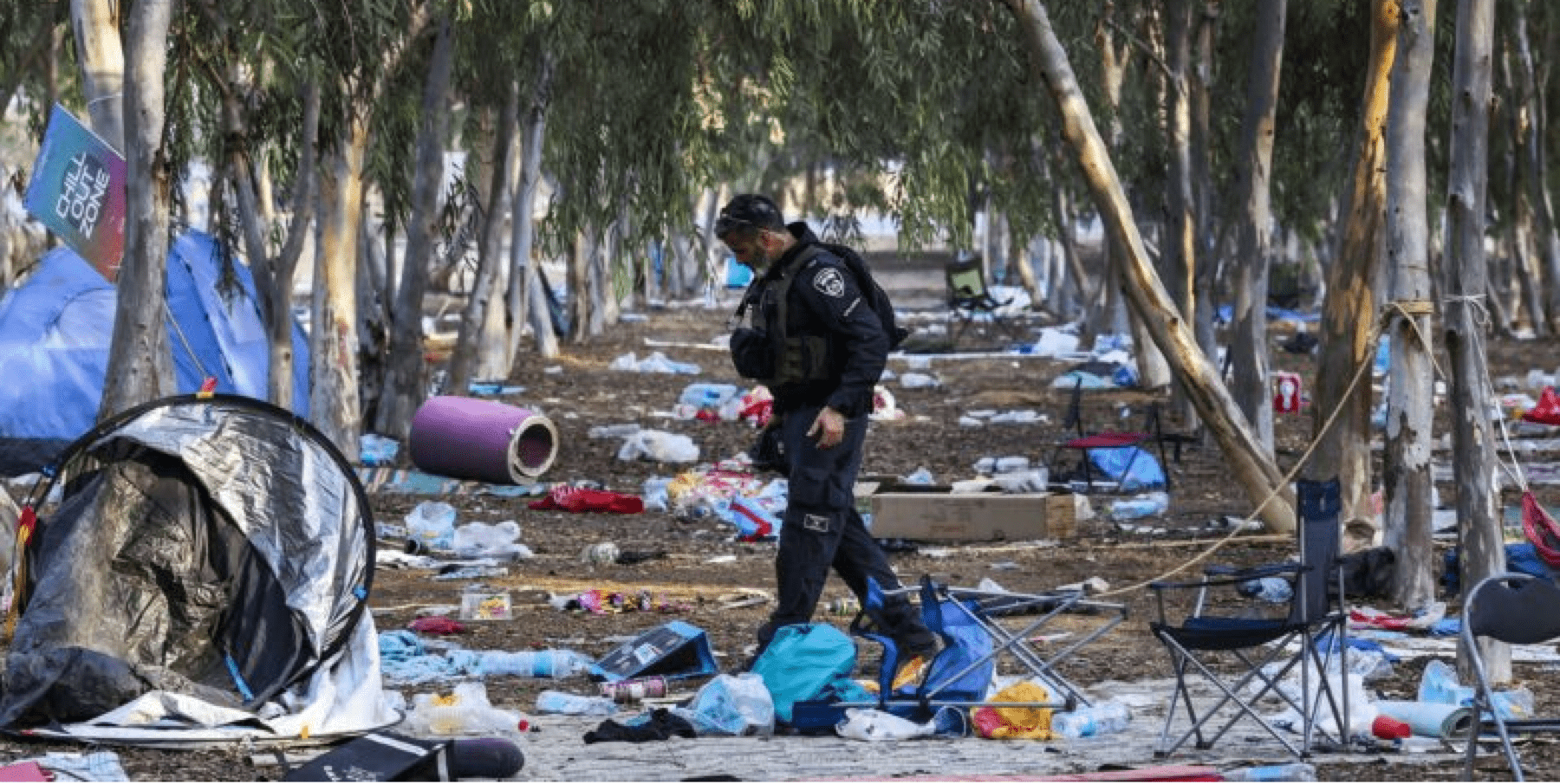
Israelis Are Fighting For Their Lives
February 21, 2024By Jonathan S. Tobin The world looks a lot different from Kibbutz Kfar Aza than it does in the U...
-
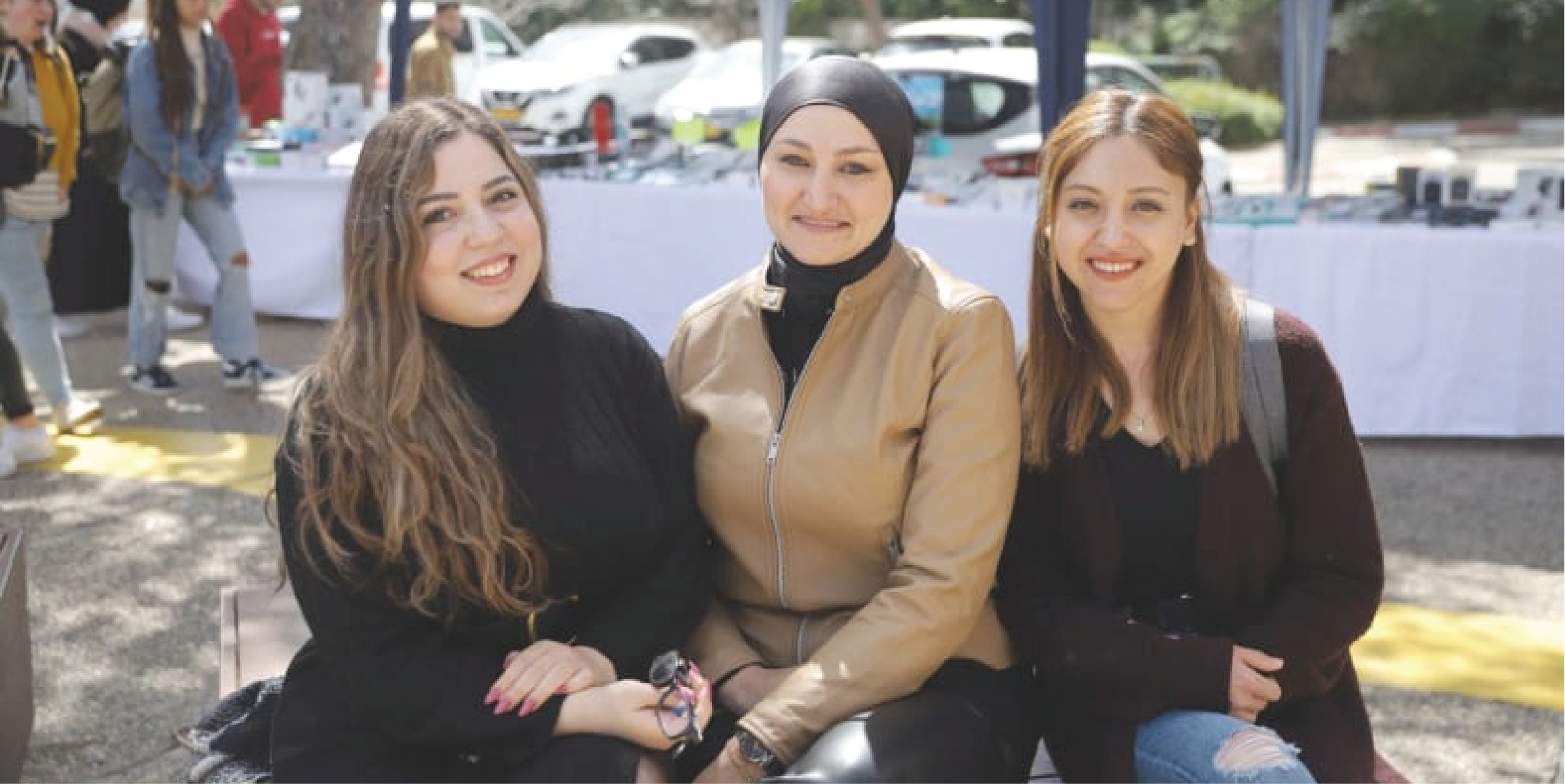
Over 2 Million Arabs Live In Israel
January 23, 2024In the complex landscape of the Middle East, where diverse cultures and identities intersect, Israe...
-
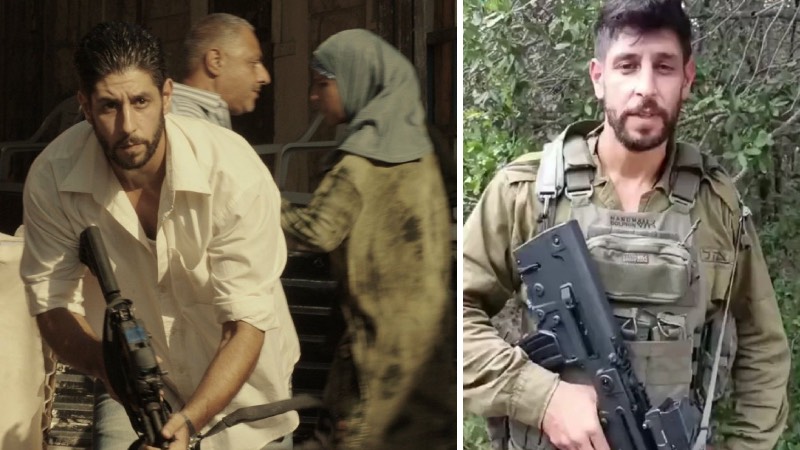
'Fauda' Star Idan Amedi Injured Fighting in Gaza
January 8, 2024Despite the severity of his injuries, Amedi's father assured Israeli news channels that his life is...
-

Israel Is A Great Country To Live In
December 28, 2023Nestled at the crossroads of the Middle East, Israel stands as a vibrant and dynamic nation, offeri...
-

Women's Empowerment in Israel
December 15, 2023In recent decades, Israel has witnessed a remarkable evolution in the status and empowerment of wom...




















